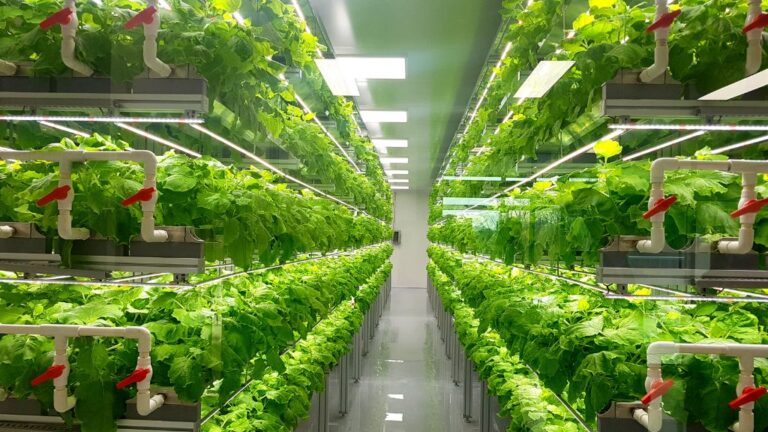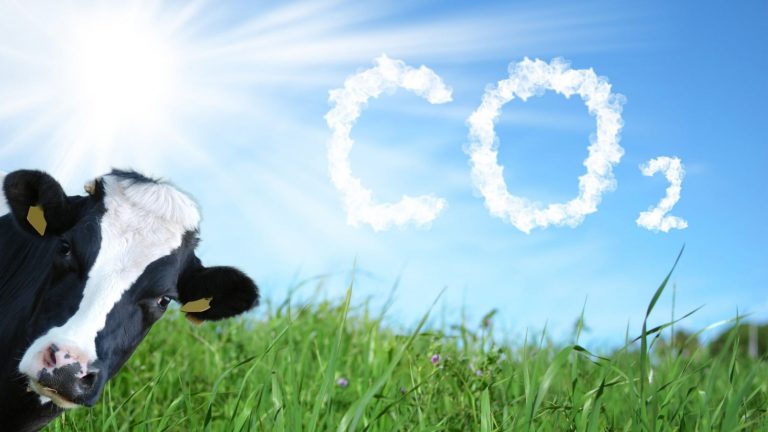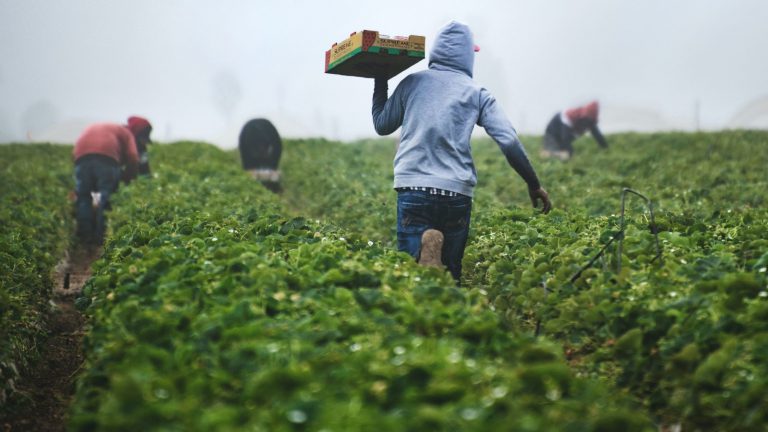Our food systems are responsible for the world’s health and nutrition, and provide economic, as well as environmental benefits. But our food systems also have profoundly negative impacts on biodiversity and contribute a significant share of the world’s greenhouse gas emissions.

The bottom line is that our food systems are unsustainable. Globally, the agri-food sector accounts for two staggering figures:
- It is the primary driver of accelerating biodiversity loss.
- It is responsible for 25-30% of global greenhouse gas emissions.
Four reasons we should be worried are:
1. Food production requires diversity. We want and need diversity in our diets. The underlying ecosystem needs diversity to make agriculture possible in the first place. Without a rich system of plants, animals, bacteria and fungi, our food systems as we know them would not exist.
But biodiversity loss is occurring at a faster rate than at any time in human history. Converting land to agriculture has a significant impact on habitat destruction and species loss. We are also consuming fewer crop varieties and animal breeds. Intensive agriculture relies on a limited number of species living in a uniform environment. This increasing habitat uniformity is a main driver of biodiversity loss.
2. Food production requires a consistent and stable climate. We have already observed negative effects of changing climate on agriculture due to increasing temperatures, changes in precipitation patterns, and more intense and frequently occurring extreme weather events. (Recent snowstorms in Texas may be linked to climate change. Rapid heating in the Arctic pushes lower temperatures further south, bringing unprecedented historical low temperatures and high levels of snowfall. Last year’s unprecedented wildfires in California may also be linked to climate change. This is due to increasing numbers of dry, warm and windy days.)
Future projected climate change is expected to further impact food prices, cause food system disruptions, and create greater food insecurity overall – especially in the most vulnerable world regions.
3. Climate change and biodiversity loss are interrelated. The loss of genetic diversity in our ecosystems makes our food systems less resilient to threats, including climate change. Meanwhile, climate change is having a negative effect on biodiversity. Rising temperatures and sea levels, along with the frequency and severity of extreme weather events directly impact biodiversity and accelerate the negative effects.
Climate change compounds the impact of other drivers of biodiversity loss, such as pollution and the overexploitation of natural resources.
4. Biodiversity is a critical component of our mental and physical health. Although this issue is under-researched, a growing body of evidence shows the value of nature to our well-being. Greener urban areas are associated with a host of positive benefits. These include lower probability of cardiovascular disease, obesity and mental ill health. Spending at least 120 minutes a week in nature is associated with better health and wellbeing. Many studies have now shown a link between the natural environment, biodiversity and well-being.
In short, nature is good for us. The COVID pandemic has illustrated this. Nearby nature has benefited many during this extended period of isolation and physical distancing. Recent studies have provided further evidence of the link between access to the natural world and mental health.
There is a growing consensus that we need to make big changes in our food systems in order to address these issues. The Intergovernmental Panel on Climate Change, which provides policymakers with scientific assessments on climate change has made the relationship between food and climate a major focus of their work. The Intergovernmental Science-Policy Platform on Biodiversity and Ecosystems Services serves a similar role in providing evidence for policymaking and has put our food systems at the heart of its assessment on the future of our natural world.
Despite the evidence, we are still heading in the wrong direction.
This year for the first time the UN is convening a Food Systems Summit, with the aim to transform the way we produce, consume, and think about food.
There is a lot to do.
Social change can shift us towards more sustainable diets (less meat, less processing, more fruit and veg) and a greater appreciation for our interdependence with the natural world.
Political change can recognize the damage that results from our current systems of subsidies for farming practices and other harmful policy instruments. A ‘green recovery’ from the COVID pandemic should include a focus on the role of our food systems in climate change and biodiversity loss.
Technological change can help reduce the amount of land and inputs required for production and the amount of waste along the entire food supply chain.
We will need to take planetary-level action to address the sustainability crisis in our food systems, drawing on every tool in our arsenal.






